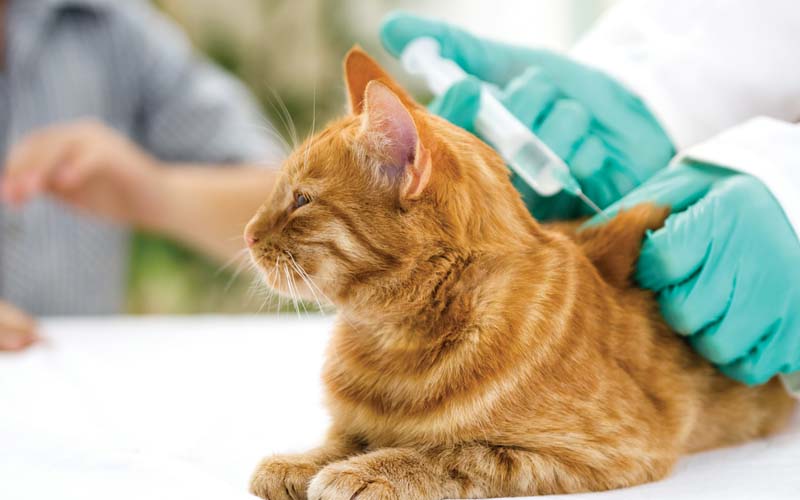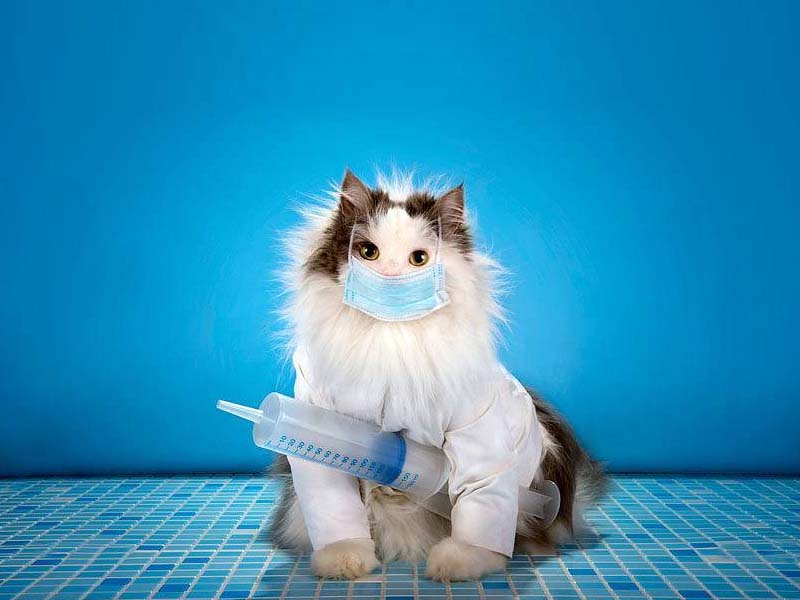Vaccinations

VACCINATIONS AT SPEARWOOD VET
Vaccinations at Spearwood Vet Hospital include a full consultation and a check over of any other health concerns. We will recommend and customise a vaccination protocol for your individual pets requirements.
Vaccines are a very important part of your pets health care plan and continued well-being. Majority of the diseases we vaccinate against have little or no treatment options. Prevention is often the only cure.
Spearwood Veterinary Hospital vaccination protocols:

DOGS
1st puppy vaccination at 6 – 8 weeks
2nd puppy vaccination at 10 – 12 weeks
Final puppy vaccination at 16 weeks
First annual vaccination given at 15 months of age.
2nd puppy vaccination at 10 – 12 weeks
Final puppy vaccination at 16 weeks
First annual vaccination given at 15 months of age.
Some vaccine components need to be repeated annually, while some are only necessary every third year. The option of vaccination or titre testing can be discussed with the Veterinarian

CATS
1st kitten vaccination at 6 – 8 weeks
2nd kitten vaccination at 12 weeks
Final kitten vaccination at 16 weeks
2nd kitten vaccination at 12 weeks
Final kitten vaccination at 16 weeks
Adult cats require an annual booster every year to remain fully protected.
What we vaccinate dogs against
Canine Parvovirus
The most serious threat to dogs health, causes severe life threatening bloody gastroenteritis & vomiting, it is frequently fatal.
Canine Hepatitis
Is a highly contagious disease which can cause fever, abdominal pain and can result in sudden death.
Canine Distemper
Is a highly contagious disease which affects the respiratory, gastrointestinal and nervous systems. Distemper almost always results in death.
Canine Cough
Parainfluenza & Bordetella – a virus and bacteria combination that can cause respiratory infections and are generally associated with a cough. While not fatal it is highly contagious and has the ability to make your dog very unwell.
What we vaccinate cats against:
Feline Enteritis
Is a highly contagious disease that causes vomiting, diarrhoea, lack of appetite and fever. It is often fatal.
Feline Respiratory Disease (Cat flu)
Is highly contagious and can be passed on from cat to cat by sneezing and respiratory droplets. It can cause nasal and eye discharge, depression, lack of appetite and dehydration. It can be fatal in kittens and older, debilitated cats.

Feline Leukaemia Virus
This virus weakens the cats immune system, making them more susceptible to infection and illness as well as prone to developing certain cancers. Symptoms are non-specific including weight loss, lethargy, and poor health. A blood test can detect if a cat is infected, however there is no cure for this fatal virus.
Feline Immunodeficiency Virus
Feline Immunodeficiency Virus (FIV) is a viral disease which affects the immune system of cats. The virus acts by destroying the immune system and leaving a cat susceptible to infections and disease. Once the cat has been infected, FIV can then progress to feline acquired immunodeficiency syndrome, otherwise known as Feline AIDS. As the disease progresses a cat’s immune system becomes too weak to fight off other infections or disease and as a result, they will usually die of one of these subsequent infections.

 9418 3400
9418 3400